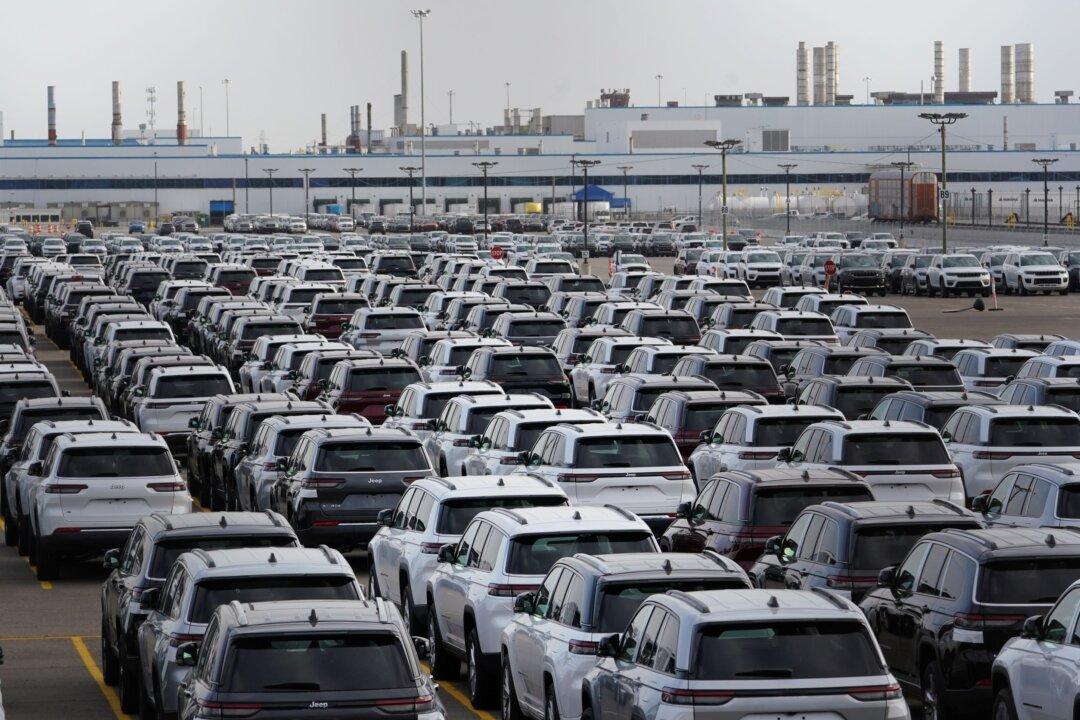Carmaker Stellantis, manufacturer of the Citroën and Peugeot brands, is considering pulling out fully from China, CEO Carlos Tavares said on Monday.
“Our strategy anticipates the possibility of geopolitical tensions,” Tavares told reporters at the Paris Motor Show on Oct. 17, according to French public radio station RFI. “There have already been several times where we’ve been thrown out of a country when Western sanctions are imposed ... Can we be sure that the stability of relations between China and the world is guaranteed?”





